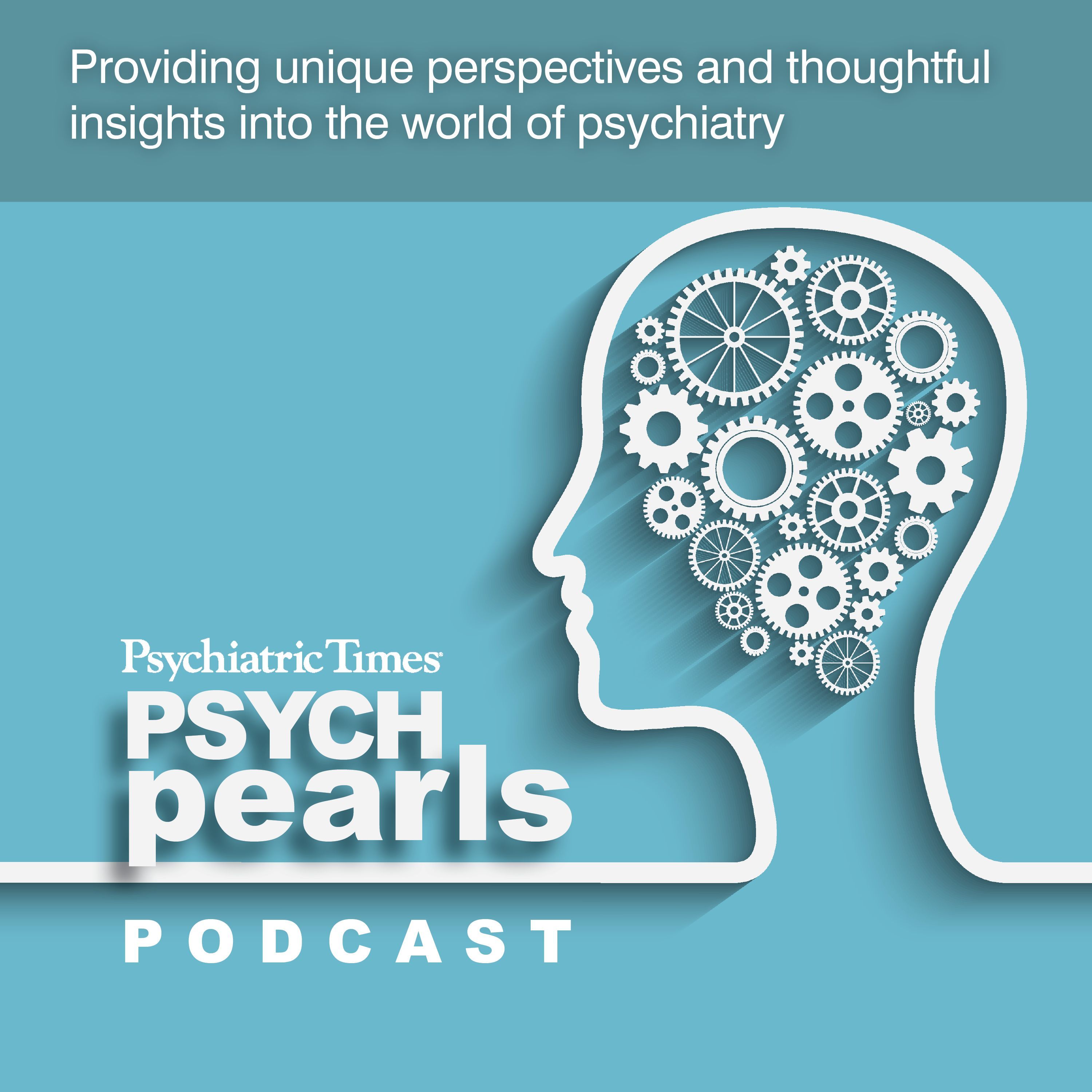Publication
Article
Psychiatric Times
How to Integrate Psychopharmacology and Foster Sustainable Addiction Recovery
Author(s):
When psychiatrists fully embrace psychopharmacological interventions as integral components of addiction treatment, patients can begin a journey toward sustainable recovery.
DARIKA/AdobeStock

In the evolving landscape of substance abuse and addiction treatment, the integration of psychopharmacological interventions is a pivotal, yet underutilized, strategy for fostering sustainable recovery. As the medical community increasingly recognizes addiction as a complex and chronic brain disorder, we must progress beyond general acknowledgment. Psychiatric clinicians should manage substance use disorders with integrated psychosocial and pharmacologic approaches.
Contextualizing Medication
Understanding the synergy between medications and psychosocial approaches enables us to better address barriers and advocate for a paradigm shift toward comprehensive care for addiction. The use of medication-assisted treatment (MAT) represents a fusion of medical and psychological interventions tailored to address the complex nature of addiction. It encompasses a spectrum of medications approved by the US Food and Drug Administration (FDA) designed to mitigate the neurobiological effects of substance use disorders (SUDs).
It is crucial to acknowledge that medication alone does not constitute comprehensive treatment; rather, it should complement other evidence-based therapeutic interventions. Personalized care that factors into patient preference needs to be considered when tailoring treatments that may be based on abstinence or harm reduction.
Promoting Sustainable Recovery
When integrated with psychosocial therapies, MAT is a foundation for SUD treatment and offers a path to successful sustained recovery. By increasing patient survival rates, enhancing treatment retention, and mitigating the risk of relapse or overdose, MAT addresses addiction with similar clinical efficacy afforded to other chronic diseases.
MAT not only improves patient survival but also increases retention in treatment programs, lowers the risk of relapse or overdose, and enhances patients’ ability to gain and maintain employment, fostering their reintegration into society and familial connections. Moreover, MAT interacts synergistically with counseling, community, and peer support, amplifying its efficacy.
It is encouraging to see emerging evidence that supports this approach. Recent data from the Recovery Centers of America (RCA) care model show a 20% reduction in readmissions when patients use MAT, which is a higher rate of reduction than the national average.1
Empowering Patients
Too often, patients with addiction are met by others with blame and dismissal rather than with empathy and support, like a patient with cancer or diabetes might receive. It is assumed by some that SUD is episodic and that a patient should recover and move on. In reality, SUD requires ongoing management and support.
By developing comprehensive recovery plans tailored to individual needs, fostering accountability, and cultivating a supportive network of patients’ peers, families, and caregivers, psychiatric clinicians can enable long-term recovery and transformation in patients’ lives. At RCA’s 11 inpatient and outpatient treatment centers across the US, this includes holistic approaches ranging from recovery support fellowship to stress management techniques to peer support that complement MAT by addressing the interconnected dimensions of recovery.
Providing these resources and treating the whole person is working, and we are seeing positive outcomes using the Brief Addiction Monitor questionnaire. During inpatient care, protective scores (improvements in recovery-oriented behavior to protect against relapse such as spirituality, attendance at self-help programs, and confidence in sobriety) increased by 13%, whereas risk scores (reductions in risky relapse-related behaviors such as sleeping issues, cravings, and feelings of depression/anxiety) decreased by 59%.1
Overcoming Barriers
To catalyze a paradigm shift in addiction treatment, psychiatrists must confront prevailing misconceptions and be more proactive in looking for signs of substance abuse. By destigmatizing addiction, fostering open dialogue, and integrating MAT into routine clinical practice, clinicians can promote sustainable recovery (Table).
Table. Integrating MAT Into Routine Clinical Practice

Approaching addiction as a chronic disorder will enhance the effectiveness of existing treatment. When psychiatrists fully embrace psychopharmacological interventions as integral components of addiction treatment, patients can begin a journey toward sustainable recovery. By combining medication for the treatment of addiction with psychosocial interventions, clinicians offer individuals with addiction new avenues for healing and hope. We must navigate this evolving landscape with compassion, innovation, and a commitment to the overall well-being of our patients.
Dr Un is the chief medical officer at Recovery Centers of America.
Reference
1. Recovery Centers of America achieves strong outcomes from innovative evidence-based care model for addiction treatment. News release. Recovery Centers of America. Updated April 11, 2024. Accessed April 26, 2024. https://recoverycentersofamerica.com/blogs/recovery-centers-of-america-achieves-strong-outcomes-from-innovative-evidence-based-care-model-for-addiction-treatment/

Newsletter
Receive trusted psychiatric news, expert analysis, and clinical insights — subscribe today to support your practice and your patients.






